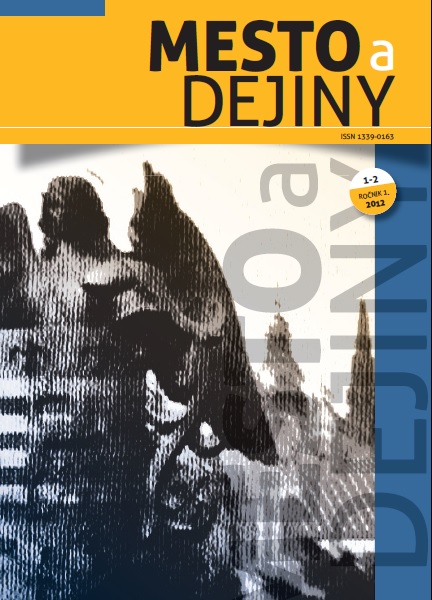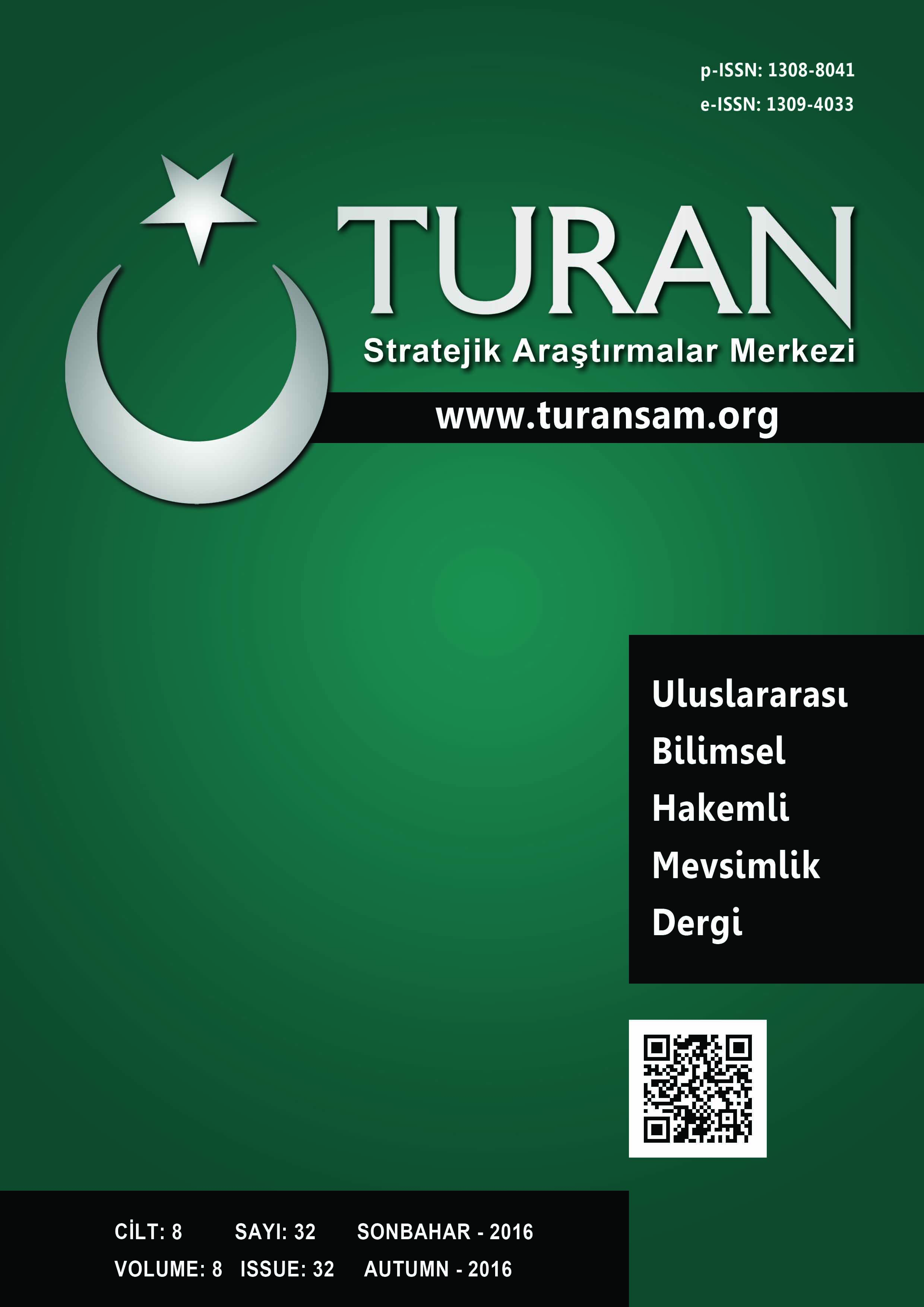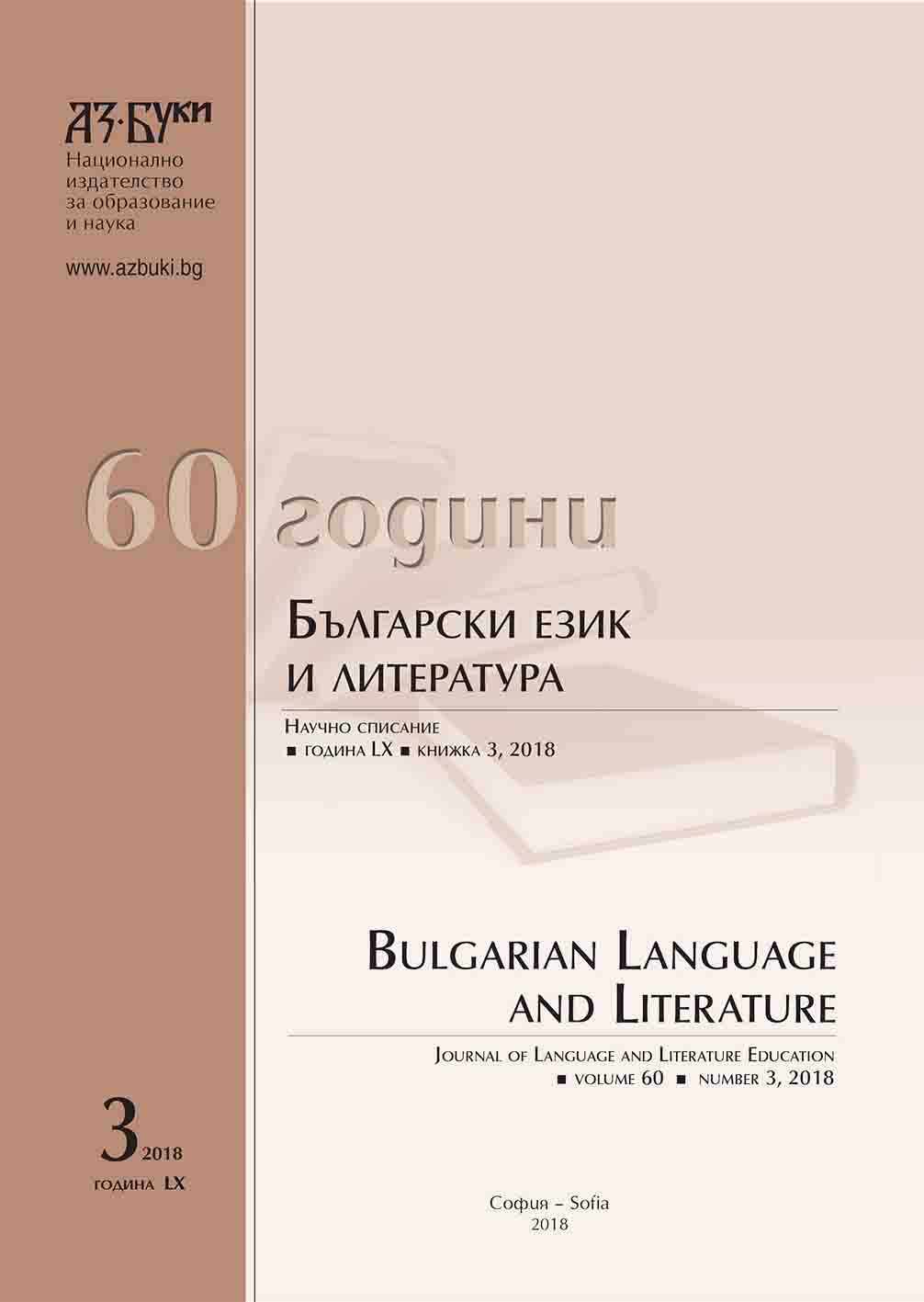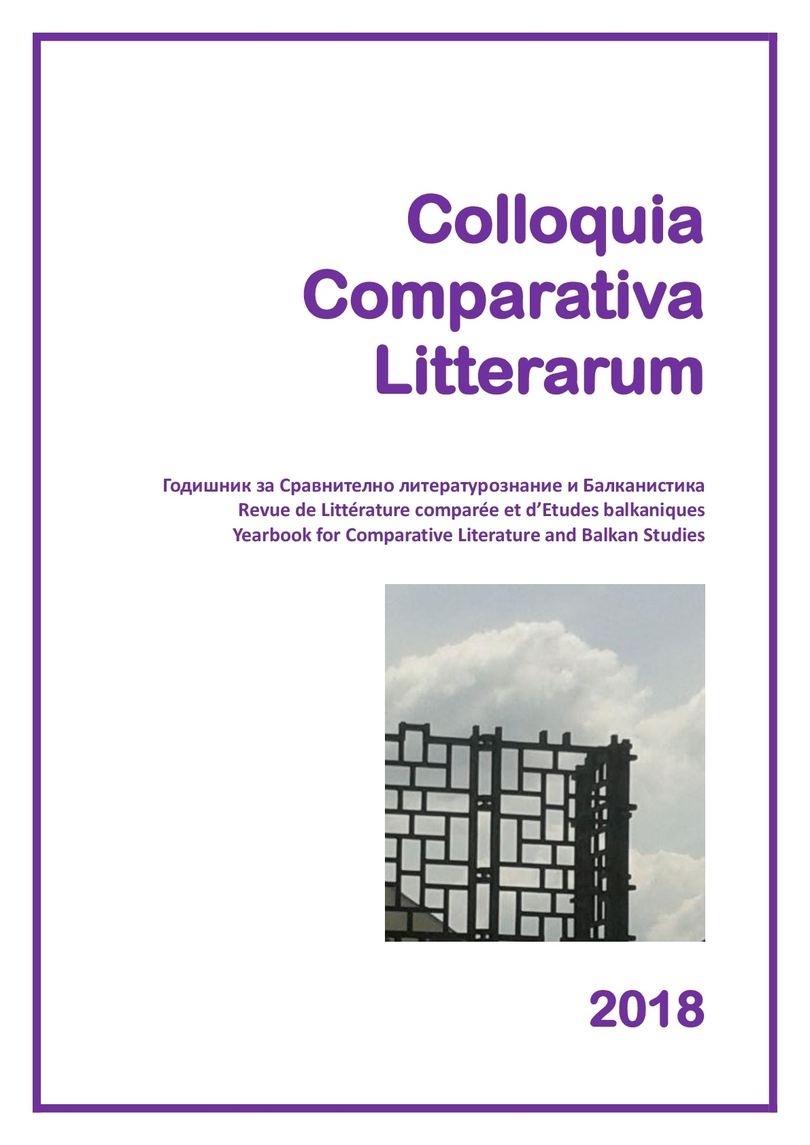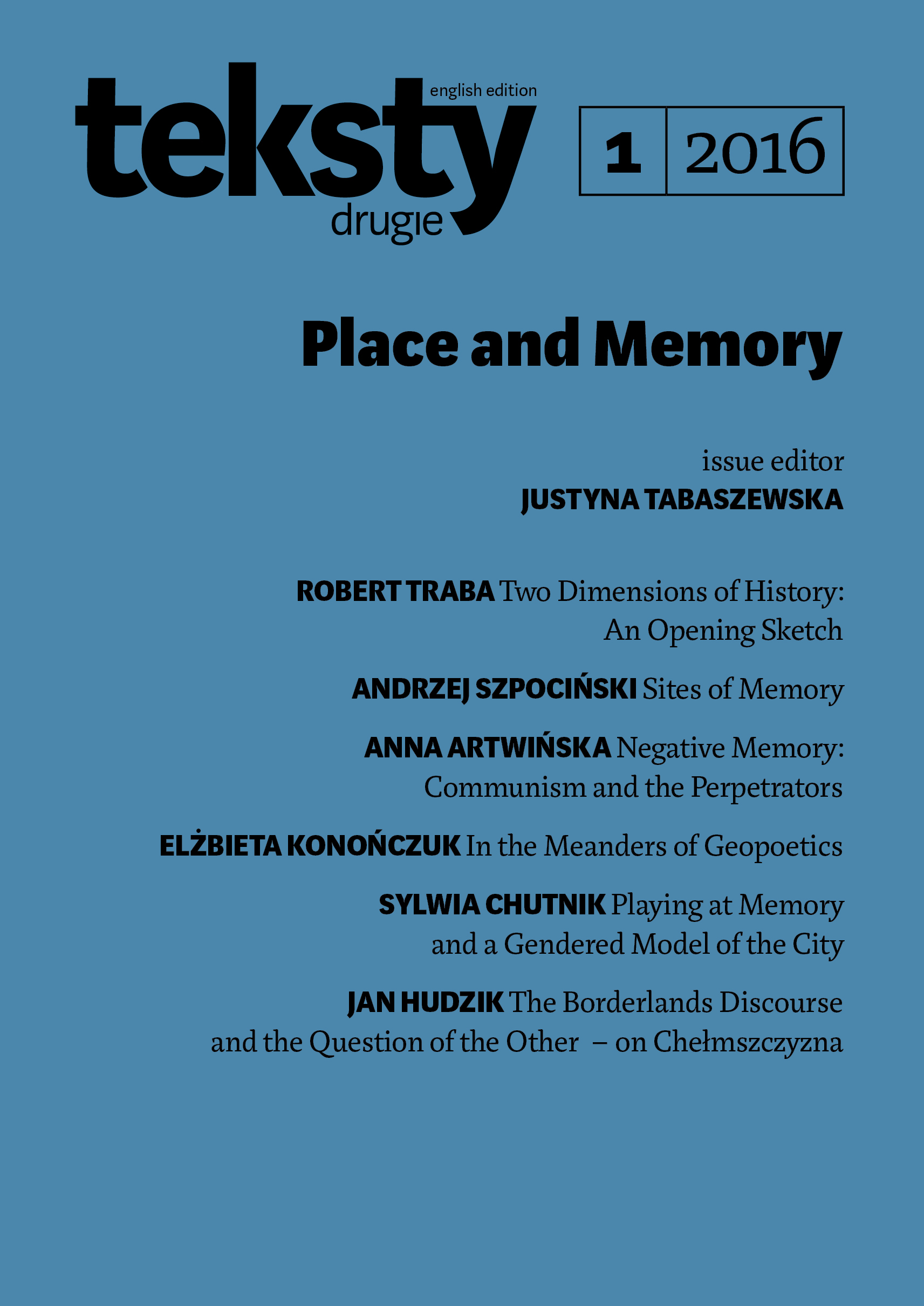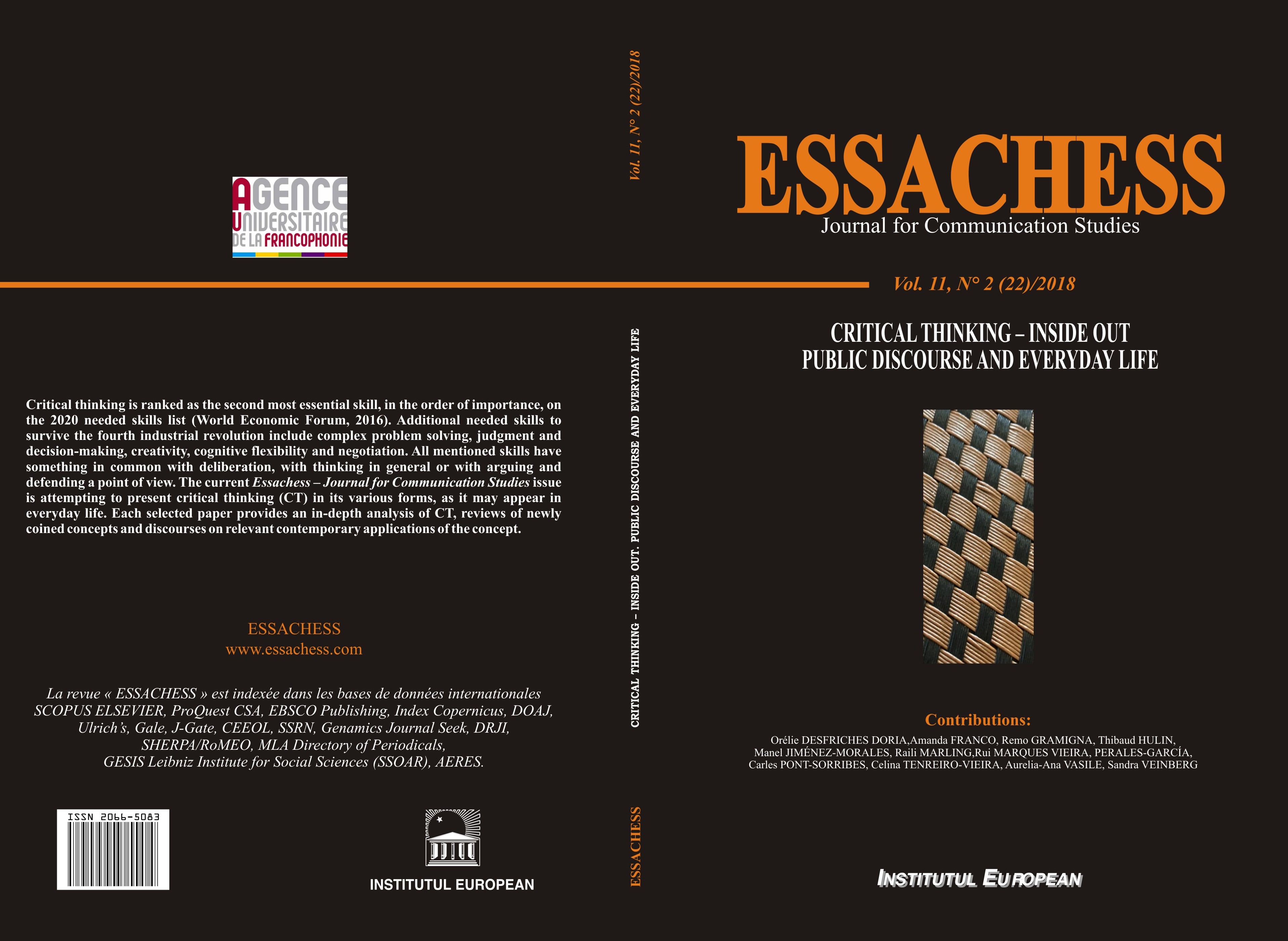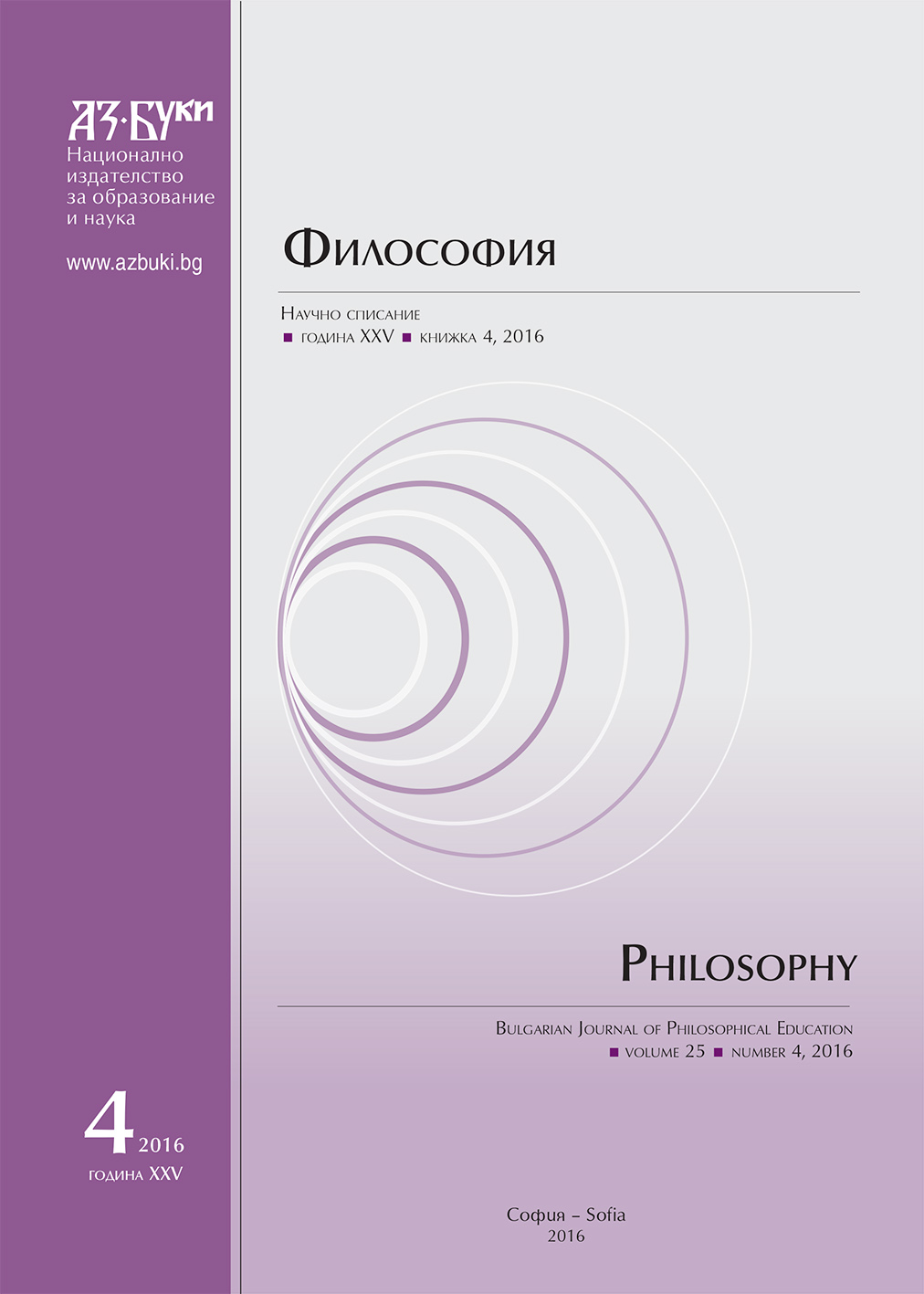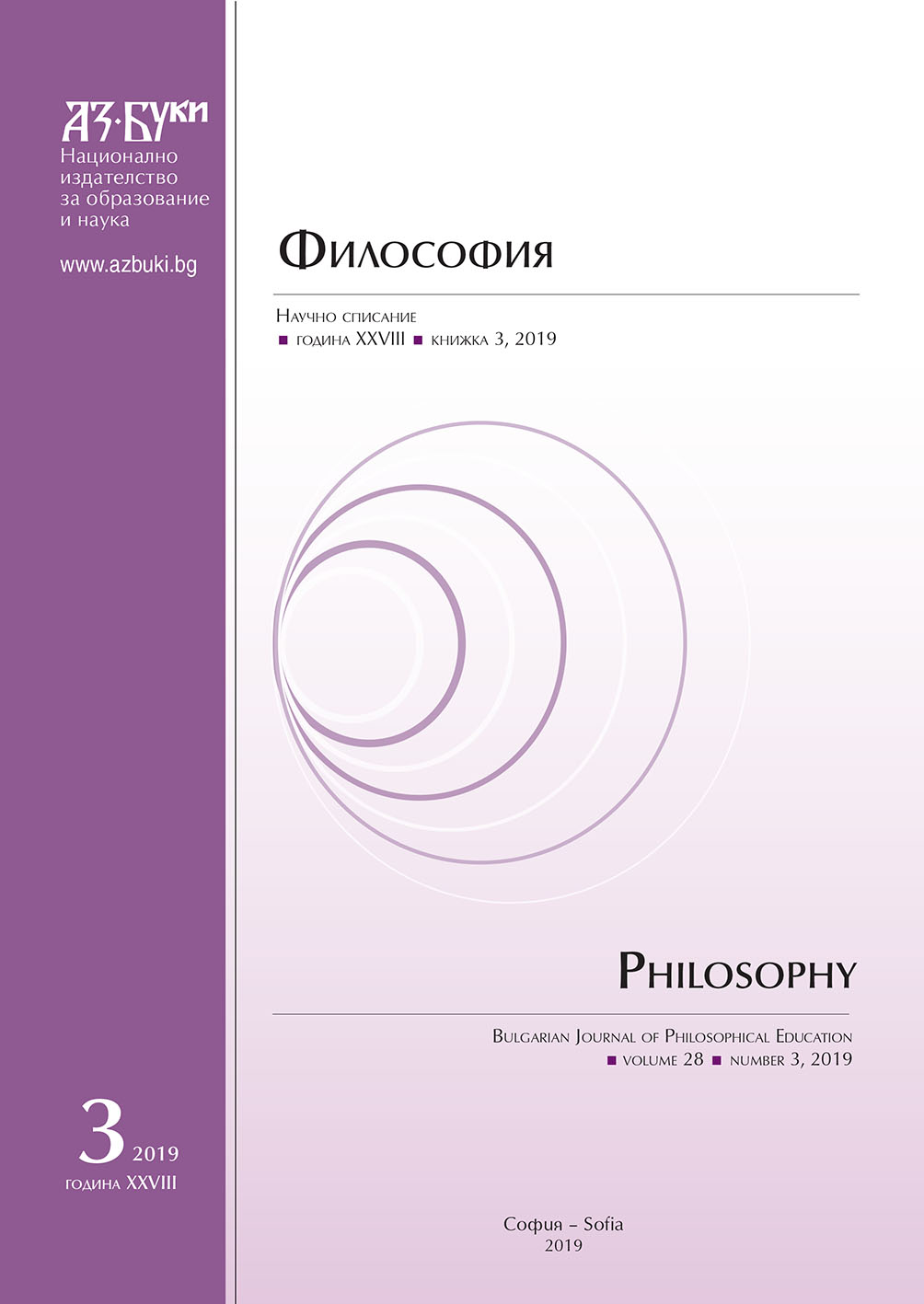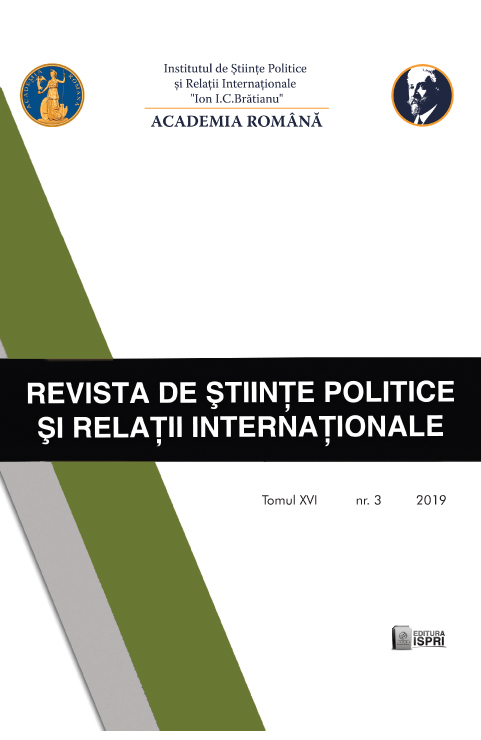СИМВОЛ В СМЕНЕ КУЛЬТУРНЫХ ЭПОХ
The interest to symbolic structures of the literary text has intensified in Russian literary studies during the last decades. Symbols have acquired many interpretations. Thus, the problem of subjectivity and arbitrary interpretation appeared. An approach is suggested in this paper that would allow defining criteria of scientific validity in symbol interpretation. Cultural and historical specificity of the symbol in the Antiquity, Middle Ages, and Modern Era is proved. Every symbolization type is analyzed from the point of its cultural and historical content, as well as categorical environment.
More...
